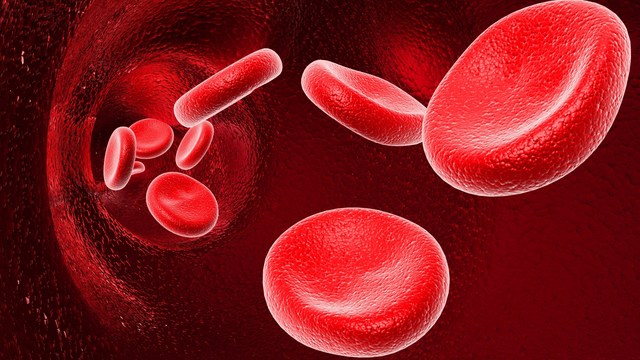According to a new study, “Moms To Be” can “exercise” their efforts to prevent childhood obesity while their baby is still in the womb. The study was published this week in The Endocrine Society’s Journal of Clinical Endocrinology and Metabolism.
The study concluded that consistent, moderate-intensity cardiovascular activity led to a small reduction in birth weight. The study also found that the mother’s insulin resistance was not compromised by the activity. The study echoed findings of previous studies which also showed that an increased birth weight puts the child at risk for obesity.
Childhood obesity increased from 5 percent in 1964 to about 13 percent in 1994. Today, it is about 20 percent – and rising. This gives moms more power to give them a jump start at a fit lifestyle, while they’re still in the womb. This study is the first to cite cardiovascular and not resistance or weight bearing activity as helpful in lowering birth weight.
Quoted on ScienceDaily, Paul Hofman, MD, of the University of Auckland in New Zealand and co-author of the study, says "Our findings show that regular aerobic exercise alters the maternal environment in some way that has an impact on nutrient stimulation of fetal growth, resulting in a reduction in offspring birth weight." The study paid close attention to insulin sensitivity due to the mother’s cardiovascular activity; the results determine the availability of nutrients for the fetus. The results also showed a reduction in the BMI of the newborns.
In an older, separate study, Dr. James Clapp, author of Exercising Through Your Pregnancy found that babies born to women who exercised weighed less and had less bodyfat. The same study followed the children until they were five-years-old and found that they continued to weigh less and have less bodyfat. The children born to the exercising mothers also scored higher on some intelligence and oral language skill tests.
The benefits of exercise are not only documented for the newborn, but also for the new mothers. A 1990 separate study conducted by Clapp, also concluded that women who exercised regularly during their pregnancy had shorter labors, fewer C-Sections, less uses of forceps and their babies had higher APGAR scores (APGAR is an acronym for Activity, Pulse, Grimace, Appearance, and Respiration and is the test given to a newborn immediately after birth).
Joanne Sgro is a Television Fitness Expert, Certified Personal Trainer and Sport Nutritionist. She is Certified in Pilates, Pre-natal/Post-Partum, Yoga and Senior Fitness. She specializes in Weight Loss, Post-Rehab and Post Cancer Training. Joanne's fitness plans and recipes are available globally on her website www.fitnessanswer.com. She resides in the Phoenix, AZ area with her fiancé, where she runs her personal training business, Fitness Answer, LLC.






Add a CommentComments
There are no comments yet. Be the first one and get the conversation started!